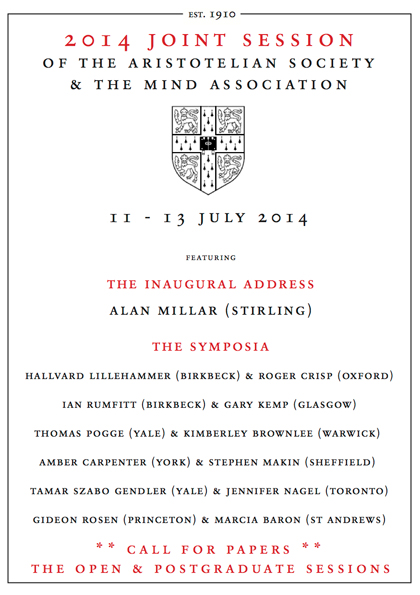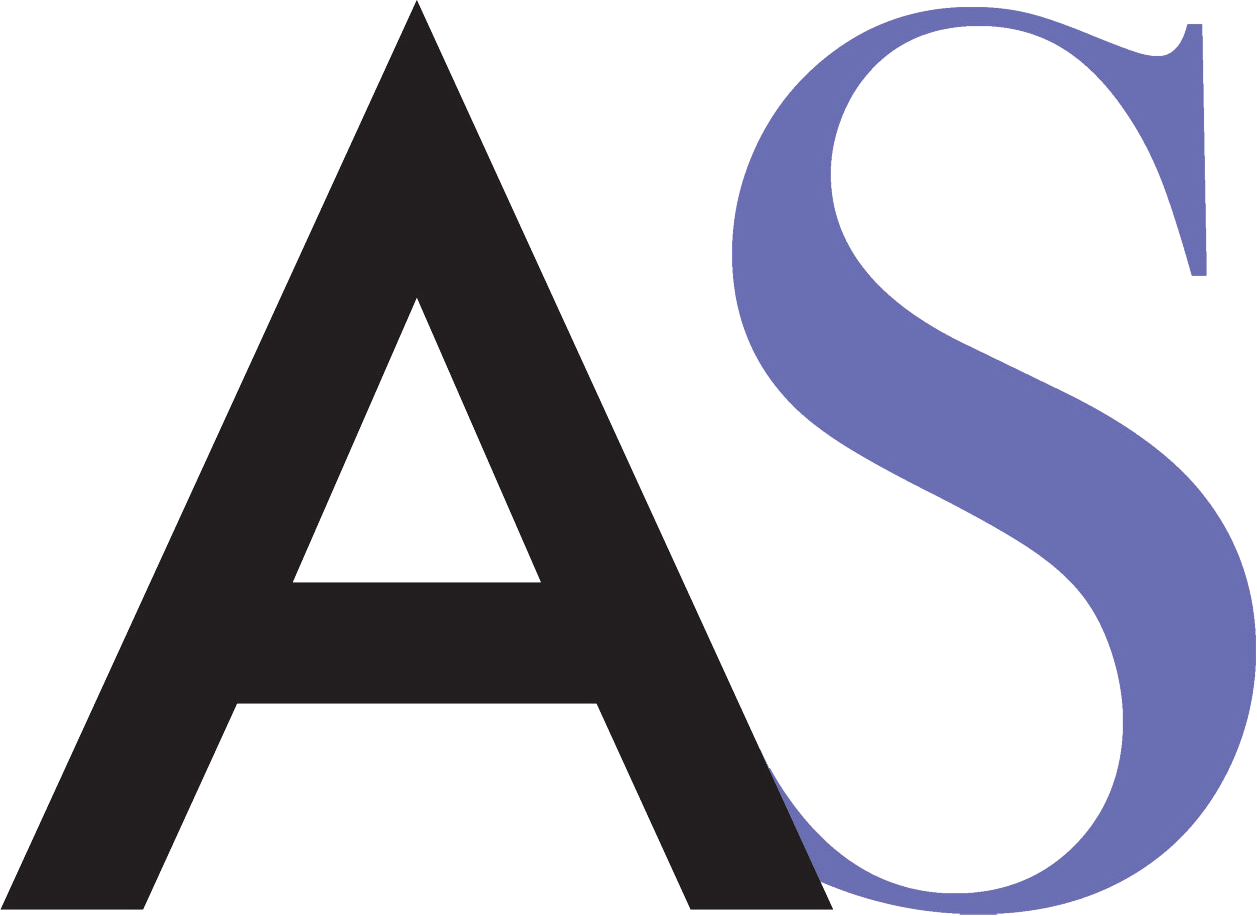Chaired by Alison Hills (Oxford)

Moral Testimony, Moral Virtue and the Value of Autonomy
Hallvard Lillehammer (Birkbeck)
Abstract
According to some, taking moral testimony is a potentially decent way to exercise one’s moral agency. According to others, it amounts to a failure to live up to minimal standards of moral worth. What’s the issue? Is it conceptual or empirical? Is it epistemological or moral? Is there a ‘puzzle’ of moral testimony; or are there many, or none? I argue that there is no distinctive puzzle of moral testimony. The question of its legitimacy is as much a moral or political as an epistemological question. Its answer is as much a matter of contingent empirical fact as a matter of a priori necessity. In the background is a mixture of normative and descriptive issues, including the value of autonomy, the nature of legitimate authority, and who to trust.
Biography
Hallvard Lillehammer is Professor of Philosophy at Birkbeck, University of London. From 2000 to 2013 he taught in the Faculty of Philosophy at Cambridge University, where he was the Sidgwick Lecturer and a Fellow of King’s College, Churchill College, and the Judge Business School. He has published widely in moral and political philosophy, in particular on issues in contemporary metaethics, the history of ethical thought, and matters of life and death.

Moral Testimony Pessimism: A Defence
Roger Crisp (Oxford)
Abstract
This paper defends moral testimony pessimism, the view that there is something morally or epistemically regrettable about relying on the moral testimony of others, against several arguments in Lillehammer (2013). One central such argument is that reliance on testimony is inconsistent with the exercise of true practical wisdom. Lillehammer doubts whether such reliance is always objectionable, but it is important to note that moral testimony pessimism is best understood as a view about the pro tanto, rather than the overall, badness of relying on testimony. One must also be clear about what counts as genuine moral testimony: there will be morally charged occasions when a virtuous person will properly rely on the views of others. It can also plausibly be argued that relying on moral testimony may constitute a lack of full autonomy. After discussing some remaining issues concerning the definition of moral testimony, a possible analogy between lying and relying on testimony, and the implications of untrustworthiness for the truth of moral testimony pessimism, the paper ends with a return to the case against relying on moral testimony, grounded on a conception of the role of knowledge and understanding in virtue.
Biography
Roger Crisp is Uehiro Fellow and Tutor in Philosophy at St Anne’s College, Oxford, and Professor of Moral Philosophy at the University of Oxford. He is the author of Mill on Utilitarianism (1997) and Reasons and the Good (2006), and has translated Aristotle’s Nicomachean Ethics for CUP. He is currently writing a book on Henry Sidgwick’s The Methods of Ethics.
further info
88th joint session
of
the aristotelian society & the mind association
11 to 13 July 2014
Faculty of Philosophy
University of Cambridge
Sidgwick Avenue
Cambridge, CB3 9DA
United Kingdom
The local organiser is Dr. Tim Button
Further information regarding conference arrangements and registration will be available in early 2014
future joint sessions

lxxxvx
2017 joint session:
TBA
7 – 9 july 2017
Further information regarding future Joint Sessions will be posted here throughout the year. Please check back later for updates.
supplementary volume
The inaugural address and symposia for the Joint Session are published in the Proceedings of the Aristotelian Society, Supplementary Volume, which is published digitally and in hardcover every June. The Supplementary Volume is sent to subscribing members of the Society in categories 4 and 5.
Members in other categories can purchase the hardcover Supplementary Volume from the Online Shop. Volumes will also be available at the registration desk during the conference.
The hardcover volume is printed in black on an 80gsm white book wove stock accredited by the Forest Stewardship Council (FSC). Binding is in dark blue Arbelave Library Buckram over 2500 micron boards blocked in gold on the spine. This makes for a strong, attractive and durable book with a scuff resistant and wipeable cover.
Subscriptions to the Supplementary Volume also includes online access via Wiley Online Library (please note that one-off purchases of the hardcover volume do not include membership or online access).
Learn more about the Supplementary Volume, including info on how to subscribe to the 2014 edition
Latest Release: View the abstracts and full papers for the 2013 Supplementary Volume LXXXVII

past conferences

subscribing memberships
Subscribing members receive online access to the Proceedings from 2000 to the most current issue.
Subscribing members also receive the bound, hardcover volume of the latest Proceedings through the post.
Learn more about subscribing memberships with the Aristotelian Society



